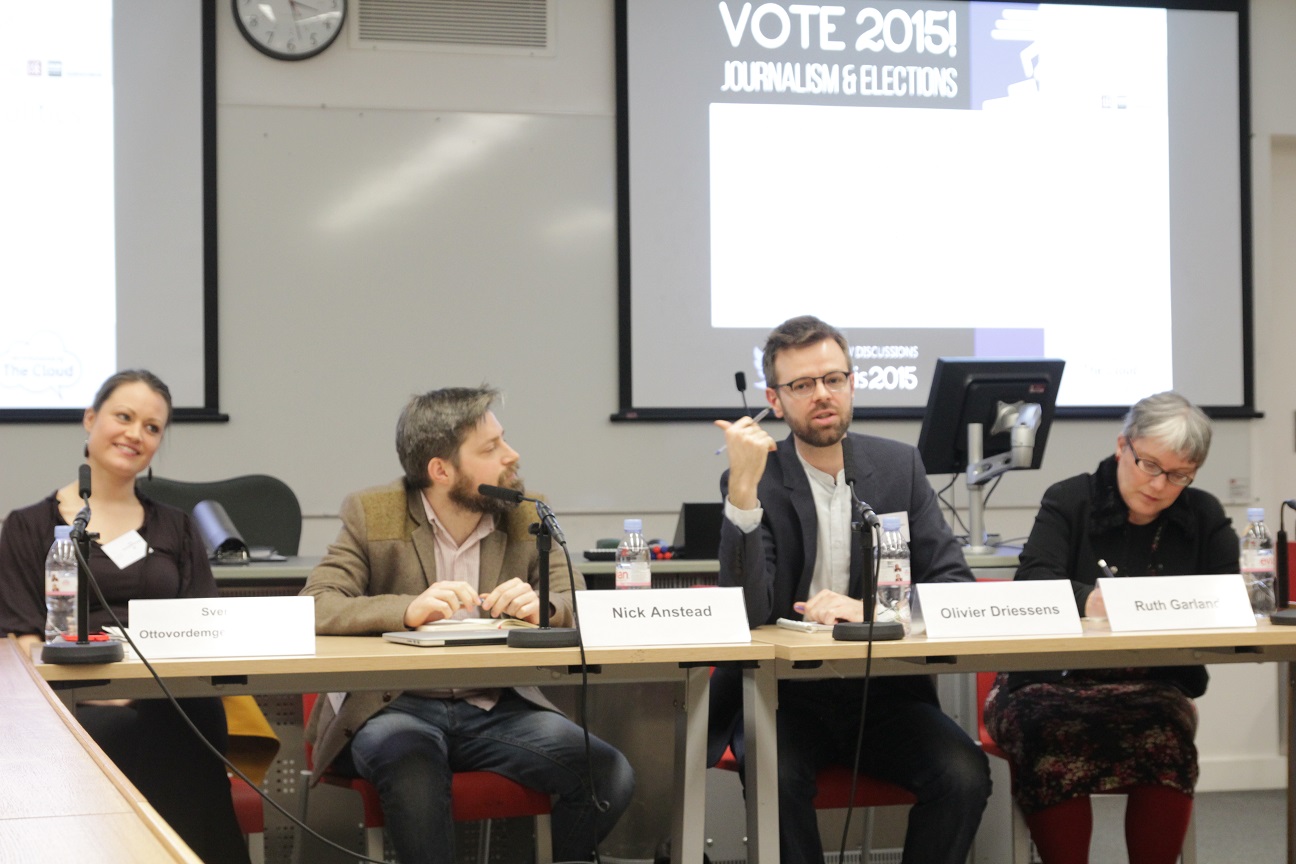It is interesting to see how opinion polls are being blamed recently for all sorts of things.
The polls got it wrong in the last elections and they need to learn lessons, Caroline Flint shouts in The Guardian. In the same newspaper, the Libdem grandee Paddy Ashdown goes further and claims that the flawed poll results had a significant impact on the election result. The Torygraph even sees a grand conspiracy at the center of all this, namely that the pollsters got it deliberately wrong, down-playing the actual Tory lead and playing up Labour’s figures; the pollsters in other words cheated the public and the electorate.
I would like to argue here that there is in se nothing wrong with opinion polls or surveys, they are what they are: inadequate tools to provide us with an unavoidably distorted, but somewhat acceptable, prism to gaze at political opinions. They are useful to identify general trends, but ultimately they remain blurry or foggy snap-shots, not particularly well suited for providing clarity and a definitive reflection of what constitutes ‘reality’. However, to measure is to know and numbers are all too often fetishized in our increasingly technocratic societies. As a result of this, media elites as well as political elites take opinion polls to be a reflection of objective truth and they discuss them in these terms. In other words, the issue here is not the polls in themselves, but the positivist truth-claims that are attached to them by various political actors and the way they become guiding principles for how they act and position themselves.
Any undergraduate student with basic training in statistics and survey design will be familiar with the weaknesses and biases that can occur when trying to representatively survey a given population or demos. A lot of the polls that are used in UK politics, especially by the media, are done on the cheap, compromising on the number of respondents, the randomness of the sampling, using self-selected online panels, etc. All this tends to increase margins of error and reduce the representativeness of the outcomes. Pollsters then try to fix this by applying the dark art of weighing. However, by the time the results of the opinion poll gets reported, all the nuances (such as margins of errors or cautions) have evaporated and the survey results are presented as truths, regardless of their flaws. They are captured in a single easy to digest headline: ‘Tories lead Labour by 2 percentage points’ or vice versa. Statistically insignificant, but that is too difficult to explain.
All this also ignores the glaringly obvious, namely that polls attempting to be nationally representative do not tell us much about constituency-based elections as is the case in the UK. In a sense, the UK has 650 mini-elections rather than a ‘general’ election and how things pan out differently in these 650 contexts determines the outcome of that election. While there is national swing that can be taken into account, local constituency based polling in marginal constituencies are a much better predictor of the actual election results than national surveys. Ashcroft’s constituency polling showed the way forward here. In addition to this, the polling that parties do themselves not only tends to be more rigorous (although cost concerns still place a limit on this), it is also more detailed and more fine-grained, supplemented by qualitative focus group interviews. However, the private polling paid for by the parties was not in the public domain.
At the same time, despite all this, it remains the case that the ‘measuring’ instrument is fundamentally and essentially flawed, and it would be a step forward if we could recognise this instead of treating survey data as an exact and truthful reflection of that thing we call reality or a Xerox of what all people are thinking at a given moment in time.* Clearly what election results keep showing us time after time is the opposite.
By Bart Cammaerts
* I recommend reading Bourdieu’s fundamental critique of opinion polls in his famous essay with the provocative title: ‘Public opinion does not exist’.





